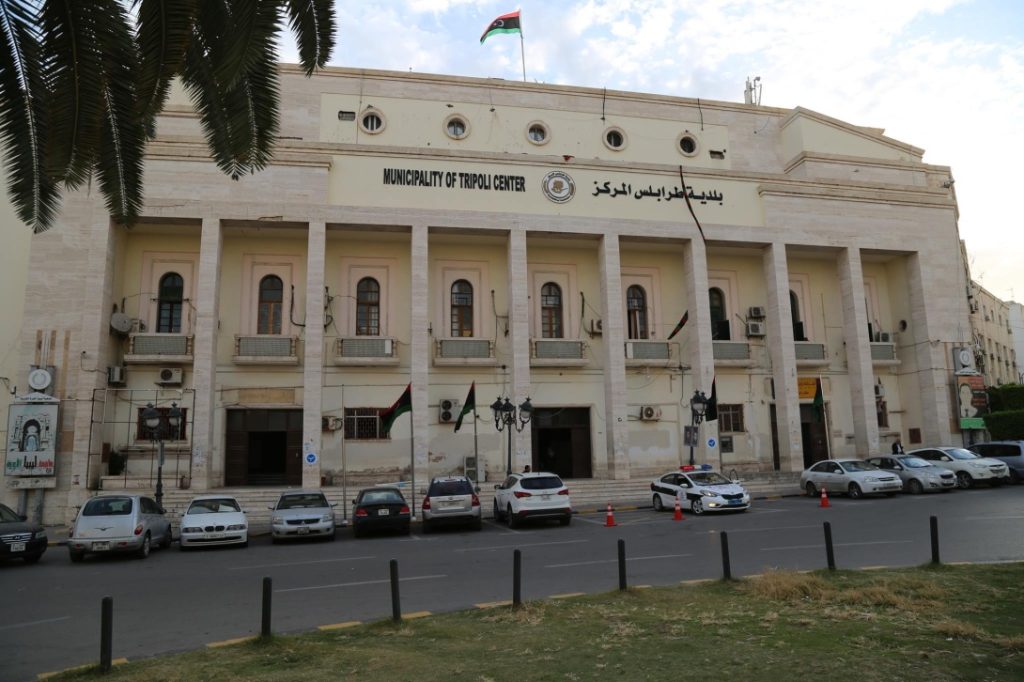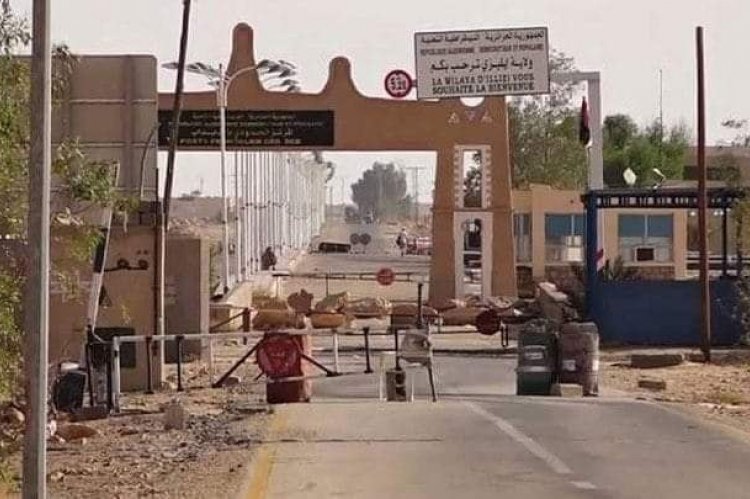Libya Political Reform and the Road to Stability
Libya political reform is emerging as the country’s most credible path toward stability. For years, Libya’s politics have been defined by endurance and division, but a quieter transformation is taking place. Across municipalities, local councils, and state institutions, Libya political reform is being shaped not by grand speeches but by incremental, practical progress. As 2026 approaches, the question is whether reform can outpace rivalry and restore national legitimacy.
Local Governance: The Foundation of Libya Political Reform
Libya’s transition has long been judged by its failures, missed elections, shifting alliances, and stalled negotiations. Yet beneath those struggles, a foundation for governance is taking hold. Municipal elections, delayed for years, are back on the agenda with support from the High National Election Commission and UNDP programs working across Libya’s regions. These local contests are not about ideology, but about the daily delivery of services: roads, water, and schools, the cornerstones of public trust.
As UNDP governance advisor Stephanie Khoury observed, “Local governance reforms are Libya’s most credible form of democracy right now.” In an environment fatigued by political polarization, local governance is giving form and meaning to Libya political reform.
Legislative Negotiations and Libya Political Reform: A Sign of Maturity
At the national level, Libya political reform is also evident in how institutions continue to function despite division. The High Council of State and the House of Representatives have resumed talks on election laws and constitutional sequencing. These discussions, though slow, show that legislative negotiation is evolving from obstruction to problem-solving. “Even partial legal alignment shows the machinery of the state still works,” said Karim Mezran of the Atlantic Council.
Behind the headlines, the Central Bank of Libya (CBL) remains one of the country’s most stabilizing forces, ensuring salary payments, liquidity, and fiscal coordination nationwide. Its ability to manage a unified financial system across political lines is proof that reform can persist even in fragmented conditions.
Institutional Continuity and Libya Political Reform Strengthen Credibility
Financial and administrative institutions continue to operate nationally, providing a quiet backbone for Libya political reform. The IMF and international observers have repeatedly noted that institutional endurance gives Libya a degree of international credibility rare among post-conflict states. “Institutional continuity gives Libya legitimacy abroad,” the IMF’s Article IV Report stated in 2025.
This continuity extends beyond finance. Ministries are collaborating on procurement reforms, data sharing, and energy regulation across Tripoli and Benghazi. For foreign investors and development partners, such operational normalcy signals that Libya remains capable of maintaining commitments, an essential condition for long-term reconstruction.
International Engagement: From Mediation to Implementation
International partners are reinforcing Libya political reform through a more pragmatic model of support. The United Nations Support Mission in Libya (UNSMIL) has shifted focus from political mediation to technical assistance, embedding staff within electoral and municipal institutions. The European Union’s governance missions now prioritize digital voter registration, anti-corruption systems, and standardized resource allocation procedures.
This evolution reflects a critical shift in how Libya’s international partners view reform. Instead of imposing blueprints, they are backing systems that already work, local councils, financial regulators, and public administrators who quietly sustain the state. These efforts, modest yet measurable, provide the structural scaffolding on which broader political agreements can eventually rest.
Risks and the Path Ahead
Libya political reform remains fragile. Without national elections or a clear constitutional roadmap, public confidence is easily shaken by fuel shortages, security incidents, or inflation. While progress at the institutional level is encouraging, citizens judge reform by whether it improves daily life. A lapse in service delivery could erode years of gradual progress.
To safeguard these gains, policymakers should prioritize transparent communication and visible, short-term improvements in public services. Reviving the long-stalled decentralization law could clarify authority between national and municipal levels, while e-governance platforms can strengthen accountability and reduce corruption.
Civic Participation and Youth Engagement
Civil society and youth engagement are quietly reinforcing Libya political reform from below. University networks, professional associations, and women’s groups are hosting policy workshops and local monitoring drives that keep institutions accountable. These initiatives, supported by UNDP and national NGOs, are reshaping civic culture by promoting participation beyond elections. In Tripoli, Benghazi, and Sabha, community forums have become spaces for dialogue between citizens and local officials, fostering inclusion and trust. Such efforts may seem modest, but they ensure that reform is not merely administrative, it is participatory and rooted in everyday governance.
Reform Over Rhetoric
Libya’s path to stability will not be defined by a single election, but by sustained, incremental reform. The quiet work of administrators, auditors, and planners is proving more transformative than political brinkmanship. Libya political reform is not about sudden unity; it is about consistency, professionalism, and the patient rebuilding of trust.
If 2026 marks a turning point, it will be because institutions rather than politicians evolved faster than division. Gradual reform may not inspire headlines, but it remains Libya’s most realistic and enduring route to legitimacy.


